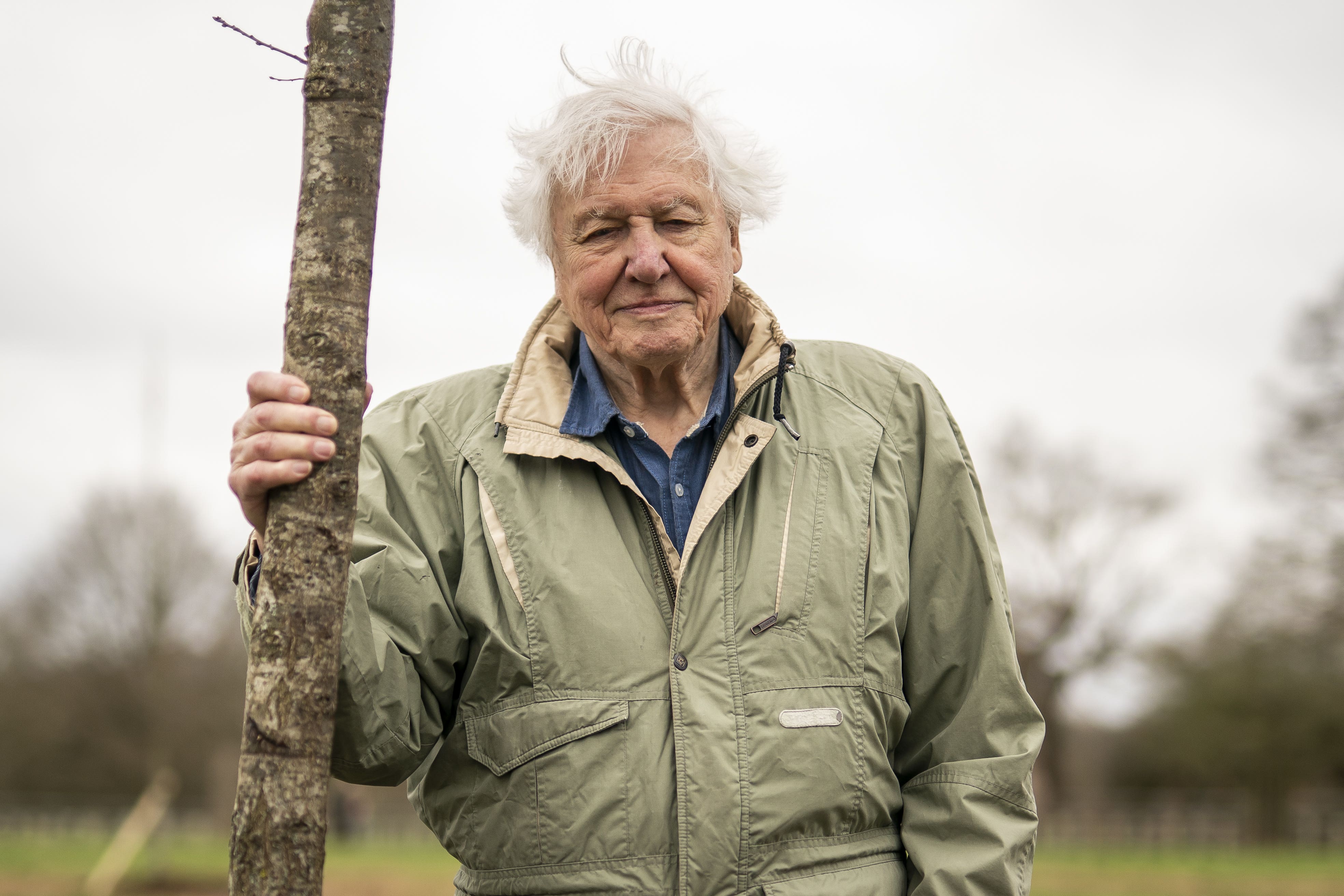Sir David Attenborough revisits mammals in new BBC series
The Life Of Mammals was previously broadcast in November 2002.

Your support helps us to tell the story
From reproductive rights to climate change to Big Tech, The Independent is on the ground when the story is developing. Whether it's investigating the financials of Elon Musk's pro-Trump PAC or producing our latest documentary, 'The A Word', which shines a light on the American women fighting for reproductive rights, we know how important it is to parse out the facts from the messaging.
At such a critical moment in US history, we need reporters on the ground. Your donation allows us to keep sending journalists to speak to both sides of the story.
The Independent is trusted by Americans across the entire political spectrum. And unlike many other quality news outlets, we choose not to lock Americans out of our reporting and analysis with paywalls. We believe quality journalism should be available to everyone, paid for by those who can afford it.
Your support makes all the difference.Sir David Attenborough is returning to delve into the lives of mammals in a new BBC show.
In the six-part series, Mammals, the 97-year-old naturalist and broadcaster will explain the behaviour of mammals from the small Etruscan shrew to the giant blue whale.
His first series of programmes about them ended more than 20 years ago.
In The Life Of Mammals, first broadcast in November 2002, Sir David travelled around the world, and in one memorable scene was shown clinging on to his little boat as 30-metre whale passed by.
In the new show he looks at different environments in the episodes, Dark, Cold, Heat, Water, Forest and The New Wild, and animals from the miniature tenrecs of Madagascar to the humpback whales of the Indian ocean.
BBC executive producer Roger Webb said: “Being mammals ourselves, the animals featured in the series and the stories told about them are instantly relatable.
“It’s impossible not to admire a mother capuchin monkey who’s able to provide her baby with a drink in a dry, sun-baked forest or a chimpanzee father giving his family a lesson in finding honey buried underground.
“This connection to us makes Mammals an incredibly engaging and compelling piece of television, one that will also lead us to question our role in the lives of the wild mammals we share the planet with.”
The final instalment of the series looks at how “mammals are adapting to a world dominated by humans, arguably the most successful mammal of all”.
It includes “the great apes, the big cats, dolphins, whales as well as the mythical wolverine and adorable tenrec”, according to series producer Scott Alexander.
It is made by BBC Studios Natural History Unit and co-produced by BBC America, ZDF, Youku and France Televisions.
Jack Bootle, BBC head of commissioning at specialist factual, said: “Following the enormous success of Wild Isles and Planet Earth III last year, I’m delighted Sir David is returning to the BBC to present this fascinating new series.
“Mammals are the most adaptable and, for my money, adorable animals on earth, and I can’t wait for viewers to learn more about the remarkable strategies they use to survive in every corner of the planet.”
In the original series, Sir David also visited a group of orphaned chimps which are being taught the survival skills needed to live in the wild and enjoyed a nut-cracking session with them, and a book accompanying the show won best general knowledge book at the 2003 WH Smith Awards.
The Life Of Mammals had followed The Blue Planet, looking at sea and ocean creatures, which has been revisited in 2020 and 2017.
Mammals will air on BBC One and BBC iPlayer in the spring.